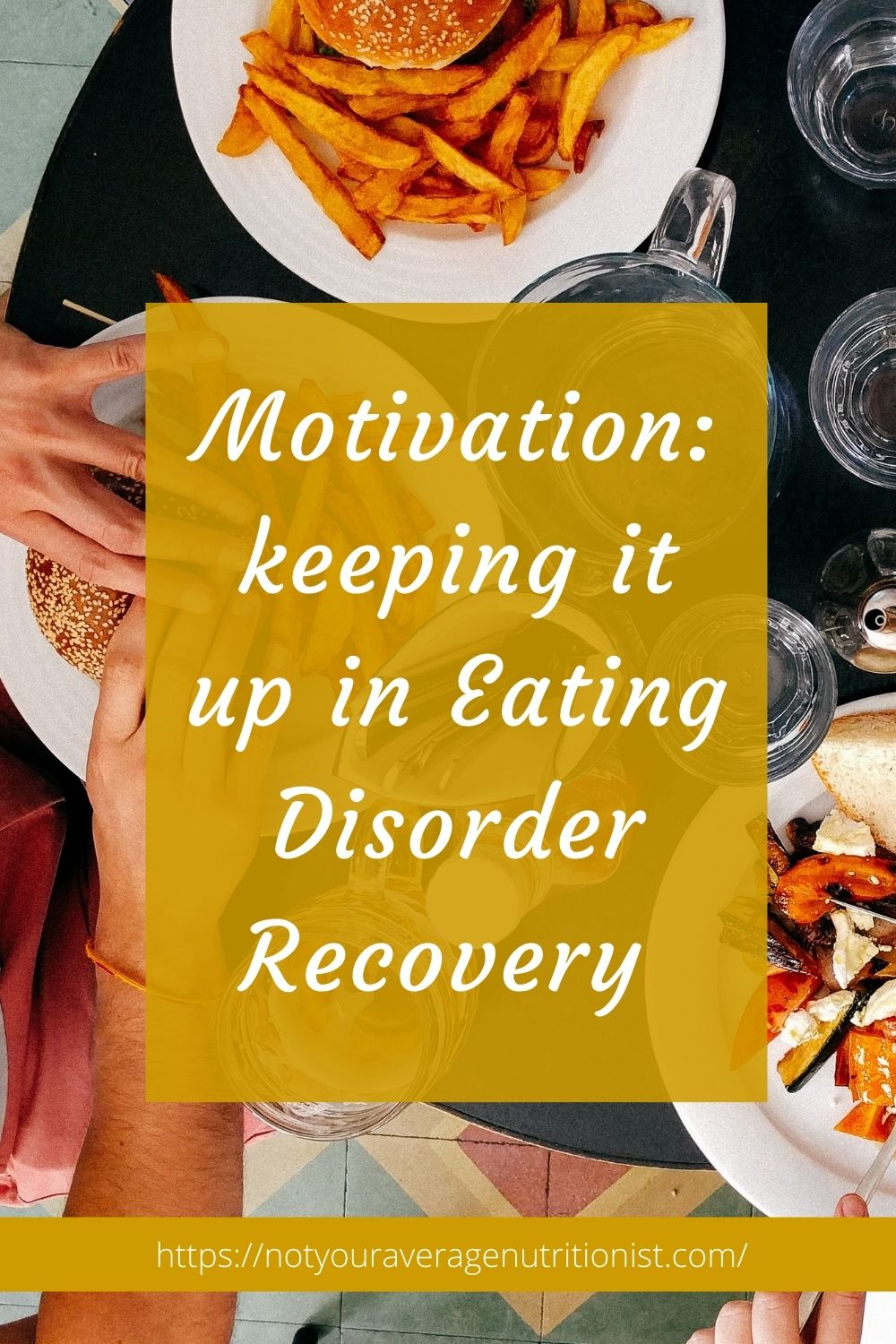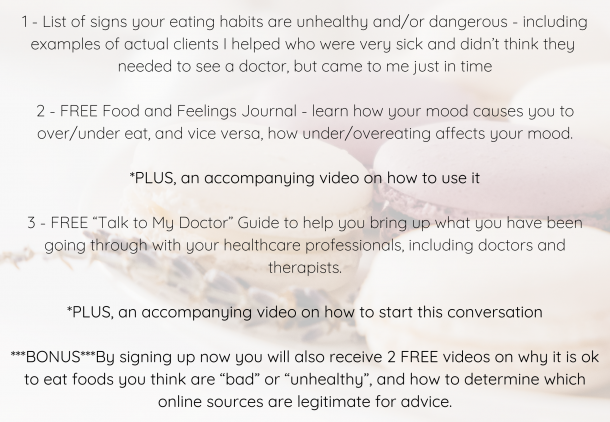By: Julia Trifan
Julia is currently a third year DPD student studying at Florida International University. When she’s not hitting the books, you can find her volunteering, reading, or traveling.
Scales, clothing sizes, and the BMI chart ultimately tell us nothing about our value as people. So why is it that these quantifiable measures hold such weight in our lives?
Our bodies are meant to change throughout our life so isn’t it silly that we’ve developed full identities around our appearance? This is a recipe for frustration and discontent for anyone, but accepting change in ED recovery (physical and emotional) can be very difficult and at times discouraging.
It may be difficult to relearn who you are outside of your disorder, but acknowledging those insecurities and giving yourself the same compassion and opportunity to grow as you would anyone else can help in the realization that you deserve the same kindness and patience that you would offer anyone else you love.
Coping with physical changes
Does achieving your “ideal” body truly dictate self-worth, health, and love? I often revisited this question when facing one of the biggest challenges in my own recovery, weight gain. I was now starting to break all of the rules I had set and stopped running away from myself.
Self awareness is so important during this time- don’t feel ashamed of your thoughts in moments when you feel uncomfortable, or scared. Identify those feelings when they come and remember the things you are gaining in your journey.
It may be the ability to enjoy time with friends and family, a newfound flexibility for when life doesn’t go as planned, or a deepened appreciation for new hobbies.
These are things that can feel impossible to enjoy when you are in the thick of ED and are huge wins in recovery. Shifting the focus away from physical progress and towards extrinsic motivation can make recovery much less scary and more optimistic.
Reframing recovery can also offer an incentive to keep going on days that you feel less motivated than others.
Identifying strength
Eating disorder recovery may be one of the most courageous and transformative experiences you’ll ever go through.
Be proud of showing up for yourself everyday and choosing to persist, despite the setbacks. Working through fears and challenges is worth celebrating in it of itself.
Sometimes it is easy to feel stagnant in recovery; feelings that you aren’t doing enough or draining patience that you aren’t “recovered” yet.
Even in the down times of recovery, you are simply growing, learning, and becoming stronger. Each time you choose to keep going despite all of the negative feelings and thoughts coursing through your mind that seem impossible to escape, you’re proving to your eating disorder just how resilient you are.
Embrace support systems
Knowing when it’s time to reach out for support is important and can prevent resorting back to old habits.
In practice, it can feel challenging to reach out for help when you need it. Regardless of reasoning, majority of the time these negative thoughts stem from fear; fear of actualizing bad thoughts, fear of “bothering” someone, or fear of rejection.
In these moments, think of how you would approach a situation where a person you trusted needed you. As you’ve surrounded yourself with people who encourage, support, and love you throughout recovery, these people are rooting for you and will remind you that you are so very worthy and more than enough when needed.
Support systems can be found in family, friends, mentors, and even support groups.
Of course, none of these strategies will guarantee smooth sailing. Recovery is hard work, but worth the investment for long term health and happiness. Using different coping mechanisms when times get tough including reaching out to others when needed will help you get through the rough patches. And yes, it will be worth it!




